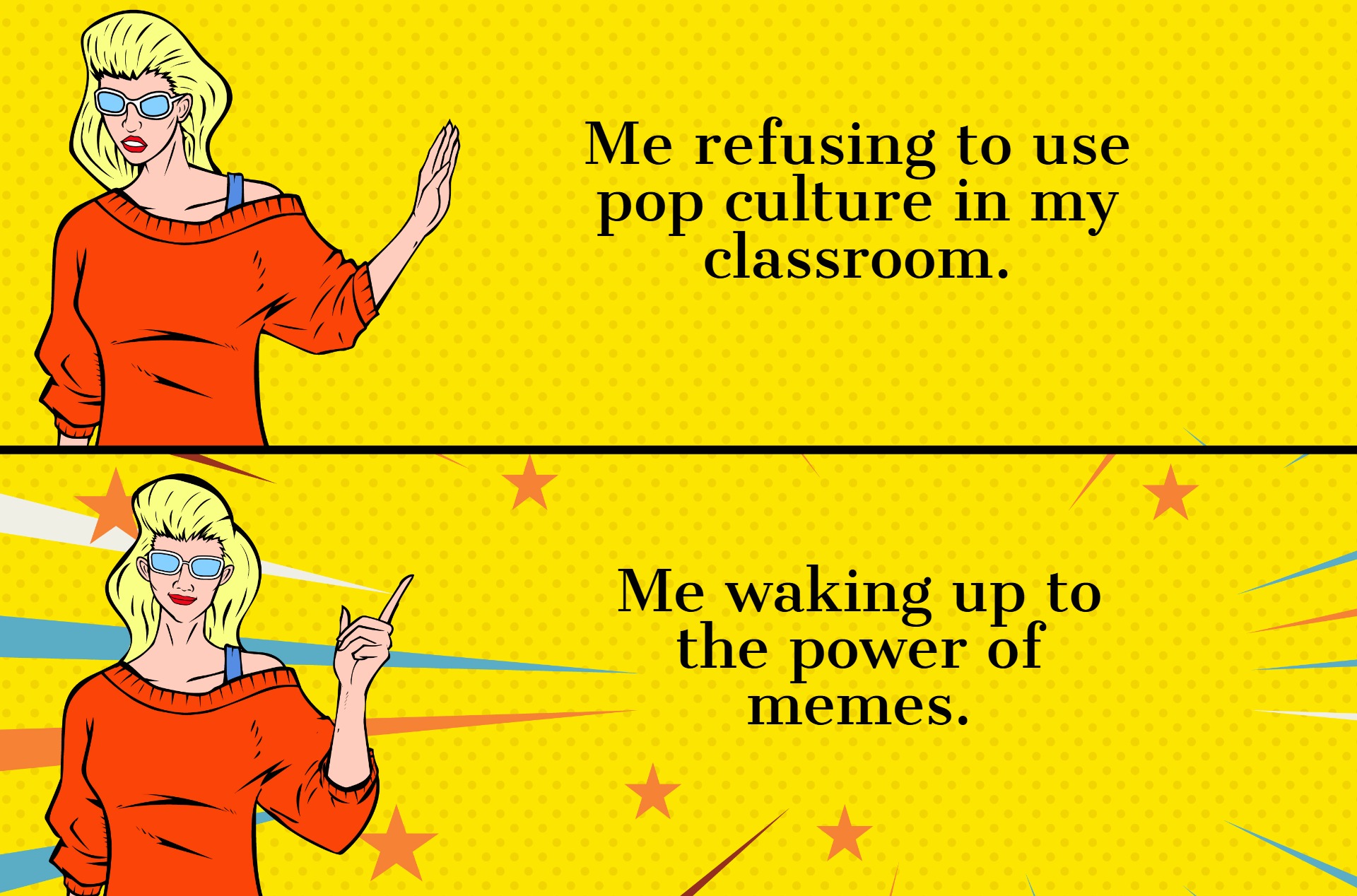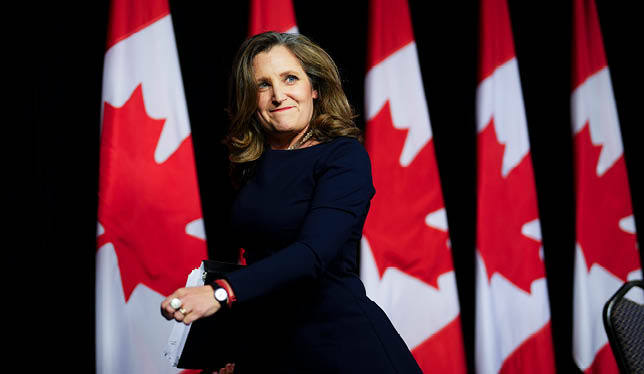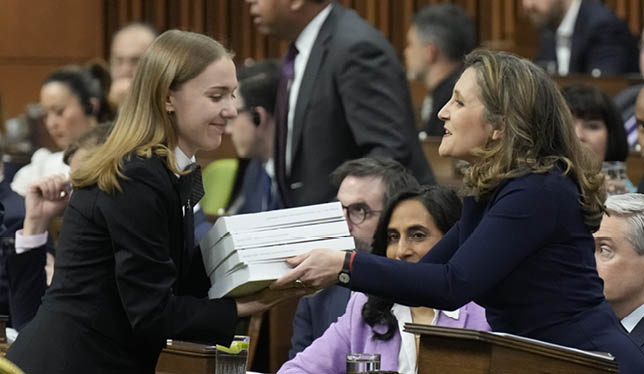10 do’s and don’ts for grant applicants
Before you even print off the application forms to request funding for your research project, take some time to review these tips.

- Identify funding sources. There are the Tri-Councils in Canada (Social Sciences and Humanities Research Council of Canada, Canadian Institutes of Health Research and Natural Sciences and Engineering Research Council), and lots of smaller, more obscure ones. The Privacy Commissioner of Canada awards grants. Federal ministries fund lots of research. So do provincial ministries. There are also initiatives with other countries (India, Brazil, France and Germany come to mind). Pay attention to where other people in your field are applying.
- Make sure you qualify. If you aren’t sure, ask a grants officer in your research office. They can check with the funder and run your circumstances by a program officer.
- Do you have a good idea? No grants officer can turn a bad idea into a good one. And you have to at least appear enthusiastic about your idea. A research proposal that aims to “fill a gap in the literature” or, even worse, “address a lacuna,” smacks of desperation. You can just picture the frantic, tenure-track professor: “I have to do research! Oh my God! I have no ideas! What hasn’t been done! I must fill a gap!”
- Nobody can write your grant proposal as well as you can. Yes, you might need some editing and some critical evaluation. But nobody else can get inside your head.
- Make sure your grant application address the Big Three questions every funding agency requires. This includes: Is it worth doing? (the “So what?” and “Who cares?” questions). Does the applicant (and his or her team) have the ability to do it? And, is this a good use of our funds? One reviewer’s comment (“This is original and important research, 20 years ago”) still stays with me.
- Presentation is important. This is a competitive endeavour. Your brilliance will not guarantee that you get funding. Yes, your proposal is meaty. But does your steak sizzle? Every application must tell a story. You have to grab the reader with the summary of your research and get them on your side before they hit the pages of details. This is where a good grants officer can help. A lousy grants officer (and they do exist) will read your application and fix your grammar.
- Do you need a co-applicant or collaborators? Many funding agencies like to see more than one researcher or institution involved, and community partners (hospitals, community groups, police forces, school boards, etc.) are becoming vital. Your research office might be able to help identify potential partners.
- There is no difference between a student and a faculty member when it comes to deadlines. Some will get their stuff written early. Some will ask for help. Some will wait until the last minute. Some will be overwhelmed and not do it at all. So really: Put these deadlines on your calendar and nibble away at it. Do the lit review. Draft a summary. Think about your methodology. Find out how much to pay students and think about what they will be doing. Will you need to travel? Where and for how long?
- Think about what your research office needs. Often they are the people who actually submit your application. What forms need to be signed, and by who? What is the research office deadline? Who is your contact there? What can they do to help you?
- Stay positive. It can take three or four tries to get funding. Talk to your colleagues. Talk to people who have actually been funded. Get advice and feedback from EVERYBODY. And if, after several tries, you still aren’t getting traction from the funding agencies (and maybe it’s getting hard to get published), be prepared to think the impossible: Maybe they just don’t like your area of research and it’s time to move on to something new. It happens.
Barry Ries is a former research awards officer at Wilfrid Laurier University and grants officer at the University of Ontario Institute of Technology. He is currently a freelance grant writer based in Waterloo.
Featured Jobs
- Psychology - Assistant Professor (Speech-Language Pathology)University of Victoria
- Business – Lecturer or Assistant Professor, 2-year term (Strategic Management) McMaster University
- Veterinary Medicine - Faculty Position (Large Animal Internal Medicine) University of Saskatchewan
- Canada Excellence Research Chair in Computational Social Science, AI, and Democracy (Associate or Full Professor)McGill University













Post a comment
University Affairs moderates all comments according to the following guidelines. If approved, comments generally appear within one business day. We may republish particularly insightful remarks in our print edition or elsewhere.
2 Comments
Good summary. One thing I might add is: substantiate your claims. If you say you’re going to train HQP, for example, research what the market need us for their skills.
…and make sure you double check your spelling (“is”, not “us” – mea culpa!).